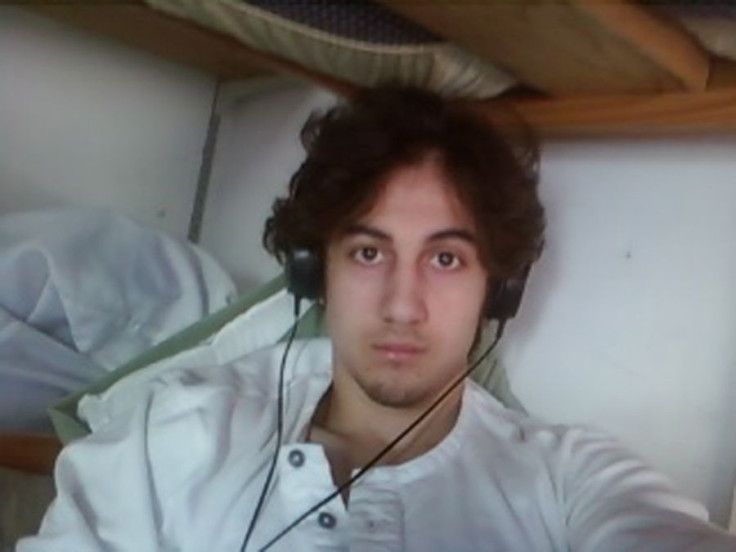Boston Marathon Bomber Dzhokhar Tsarnaev Found Guilty, Faces Death Penalty
Found guilty on all charges, jury set to decide punishment.

Dzhokhar Tsarnaev was found guilty on all 30 charges in the Boston Marathon bombings of 2013. 17 of the charges carry the death penalty as the strongest punishment available, and there is a real possibility of the 21 year old being executed for his actions. The charges ranged from using weapons of mass destruction and murder to conspiracy to wilful destruction property to cause death.
The guilty verdict came as expected, however, with Tsarnaev’s lawyer himself admitting in the opening statements of the trial that Dzhokhar and his brother Tamerlan, ethnic Chechens, had planned the attack together. Two pressure cooker bombs left three people dead and over 260 dead as they ran the ‘home stretch’ of the 42.1 kilometre race. The brothers were reportedly radicalized by Islamic teachings and also influenced by the U.S wars in Afghanistan and Iraq.
Both brothers were involved in a shootout, which caused the death of a police officer. Tamerlan was then shot by the police and Dzhokhar then ran over his brother while trying to escape the scene in a stolen SUV. He was found hiding in a motorboat later and arrested after being shot.
A jury will now, as early as Monday, April 13, will decide on the punishment. Prosecutors will press for the strongest punishment, which is death in 17 of the charges. The defence, meanwhile, will look to convince the jury that Dzhokhar’s actions were done under the radical influence of his brother Tamerlan. If not given the death penalty, the 21 year old will most likely spend life in prison without the possibility of parole.
David Ortiz, the Boston Red Sox’s designated hitter, had reacted angrily at time of the bombings, claiming, “this is our [expletive] city.” The team even went to win the World Series that year. Ortiz, however, was much more subdued after the guilty verdict.
“What can I tell you? That’s not going to bring the people who lost their lives back, you know what I’m saying? It is what it is. What else? I’m not a judge. Whatever,” he said to reporters ahead of the game against Philadelphia on Wednesday.





















